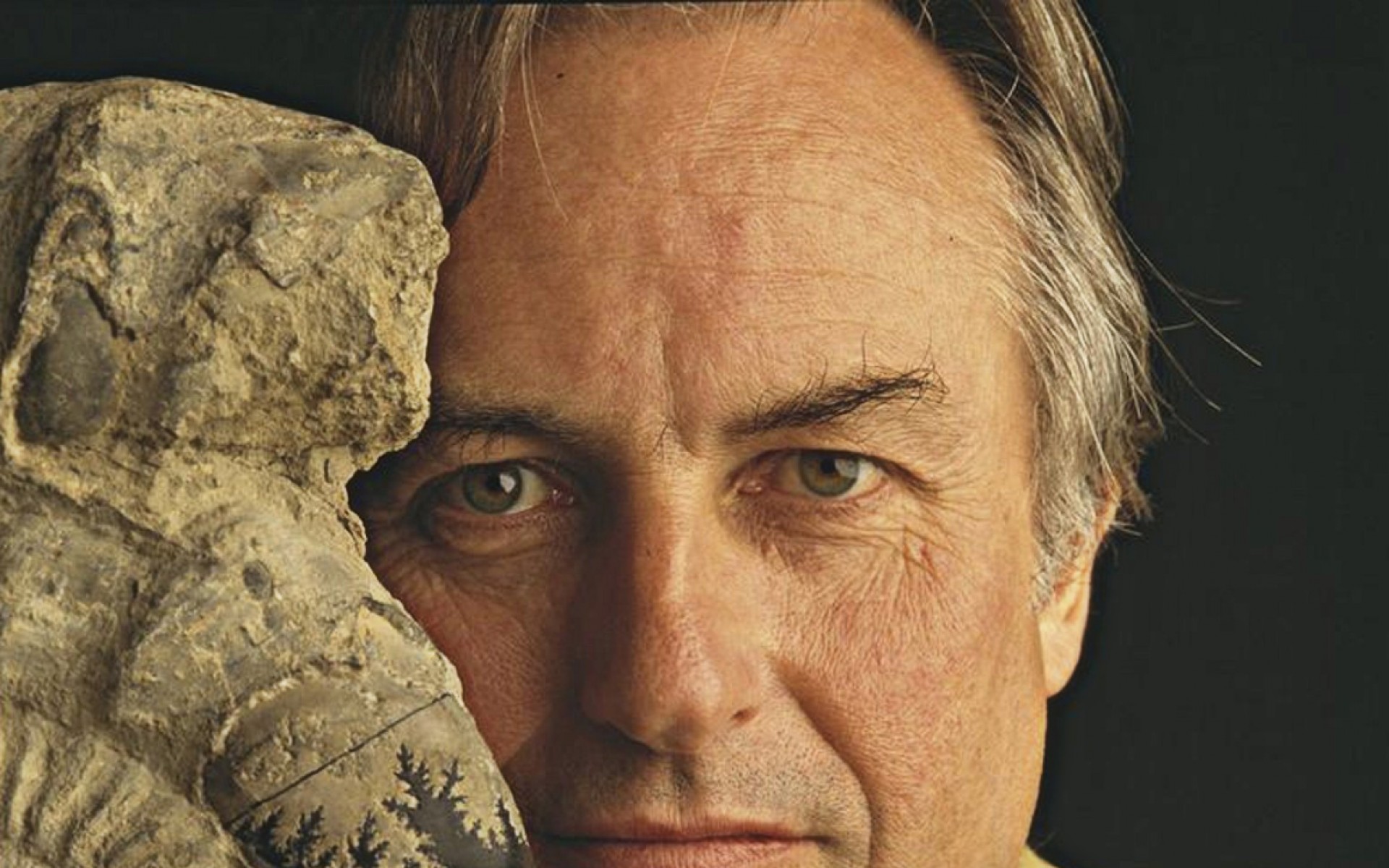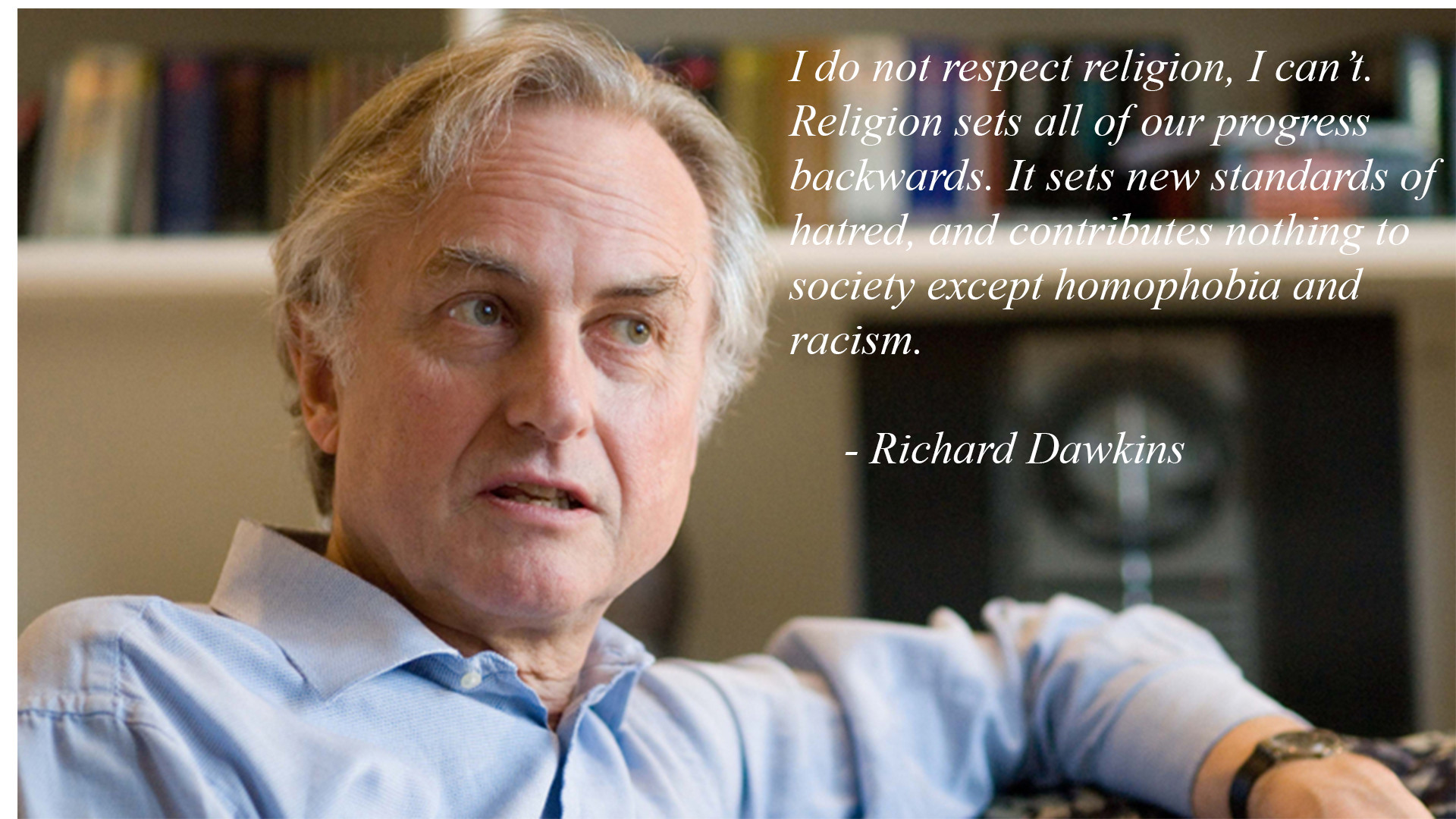When it comes to understanding the complexities of evolutionary biology and the philosophical implications of science, few names resonate as profoundly as Clinton Richard Dawkins. As one of the most influential figures in modern science communication, Dawkins has spent decades challenging the status quo, inspiring millions, and provoking deep thought about our place in the universe. But who exactly is this man behind the ideas that have shaped the way we think about life itself? Let’s dive into the fascinating world of Clinton Richard Dawkins and uncover what makes him such a towering figure in the scientific community.
From his early days as a curious young mind exploring the wonders of nature to becoming a globally recognized intellectual powerhouse, Dawkins has left an indelible mark on both academia and popular culture. His ability to distill complex scientific concepts into digestible, engaging narratives has earned him a loyal following and cemented his reputation as a communicator par excellence.
Throughout this article, we’ll explore the life, work, and impact of Clinton Richard Dawkins. Whether you’re a seasoned science enthusiast or simply someone looking to learn more about one of the greatest thinkers of our time, you’re in for an enlightening journey. So, buckle up and let’s get started!
- What Is Soros Net Worth A Deep Dive Into The Wealth Empire Of George Soros
- Brandi Angela Brandt A Rising Star In The Entertainment World
Table of Contents:
- Biography of Clinton Richard Dawkins
- Early Life and Education
- Scientific Contributions
- The God Delusion: A Game-Changing Book
- Evolutionary Thinking and Memetics
- Public Speaking and Media Appearances
- Criticisms and Controversies
- Awards and Recognition
- Legacy and Influence
- Conclusion
Biography of Clinton Richard Dawkins
Clinton Richard Dawkins, better known as Richard Dawkins, was born on March 26, 1941, in Nairobi, Kenya. Raised in a British colonial family, Dawkins developed a deep fascination with the natural world from an early age. His upbringing in Africa provided him with ample opportunities to observe wildlife, sparking a lifelong passion for biology.
In this section, we’ll delve into the key milestones of Dawkins’ life, highlighting the events that shaped his intellectual journey. From his formative years to his illustrious career, we’ll explore how Dawkins became the renowned scientist and author we know today.
- Mastering The Art Of Tata Towel Your Ultimate Guide
- Magda Gaacutebor The Glamorous Legend You Need To Know
Here’s a quick overview of some essential details about Dawkins:
| Full Name | Clinton Richard Dawkins |
|---|---|
| Birth Date | March 26, 1941 |
| Place of Birth | Nairobi, Kenya |
| Occupation | Evolutionary Biologist, Author, and Science Communicator |
| Notable Works | The Selfish Gene, The Blind Watchmaker, The God Delusion |
Early Life and Education
Growing up in Kenya, Dawkins spent much of his childhood surrounded by the rich biodiversity of the African savannah. This environment fostered a love for nature that would eventually lead him to pursue a career in biology. In 1949, his family moved back to England, where Dawkins attended Oxford High School for Boys.
At the University of Oxford, Dawkins earned a degree in zoology and later completed his Ph.D. in ethology, the study of animal behavior. It was during his time at Oxford that Dawkins began formulating the ideas that would later revolutionize the field of evolutionary biology. Under the guidance of his mentor, Nikolaas Tinbergen, Dawkins honed his skills as a researcher and developed a keen interest in the mechanisms driving evolution.
Scientific Contributions
One of Dawkins’ most significant contributions to science is his concept of the "selfish gene." Introduced in his groundbreaking 1976 book The Selfish Gene, this idea posits that evolution operates at the level of genes rather than organisms. In essence, genes are the fundamental units of selection, driving the survival and reproduction of living beings.
This revolutionary perspective shifted the focus of evolutionary biology from individuals to genetic material, offering a more nuanced understanding of how traits are passed down through generations. Dawkins’ work not only transformed the field but also made complex scientific concepts accessible to a broader audience.
The God Delusion: A Game-Changing Book
No discussion of Dawkins’ career would be complete without mentioning The God Delusion. Published in 2006, this book became a global sensation, sparking debates about religion, atheism, and the role of science in society. In it, Dawkins argues that belief in God is not only unnecessary but also incompatible with a rational understanding of the universe.
Through compelling arguments and meticulous research, Dawkins challenges religious dogma and advocates for a secular worldview rooted in evidence and reason. While controversial, The God Delusion has inspired countless individuals to question their beliefs and embrace a more scientific approach to understanding the world.
Evolutionary Thinking and Memetics
Beyond his work on genetics, Dawkins is also credited with coining the term "meme" in The Selfish Gene. In this context, a meme refers to a unit of cultural information that spreads from person to person through imitation. Think of it as the cultural equivalent of a gene, with ideas, behaviors, and trends replicating and evolving over time.
This concept has gained widespread popularity in the digital age, where memes have become a dominant form of communication on social media platforms. Dawkins’ insight into the mechanics of cultural transmission continues to influence fields ranging from sociology to marketing.
Public Speaking and Media Appearances
As a prominent public intellectual, Dawkins is no stranger to the spotlight. He has delivered countless lectures, participated in debates, and appeared on television programs to share his thoughts on science, religion, and philosophy. His charismatic presence and ability to articulate complex ideas make him a favorite among audiences worldwide.
Some of his most memorable performances include his TED Talk on "Why We Are All Atheists" and his appearances on programs like The Daily Show and The Colbert Report. Through these platforms, Dawkins has reached millions of people, spreading his message of rationality and critical thinking.
Criticisms and Controversies
Despite his many accomplishments, Dawkins has faced criticism from various quarters. Some religious groups have accused him of being overly aggressive in his attacks on faith, while others have taken issue with his views on feminism and political correctness. In recent years, Dawkins has also come under fire for comments made on social media, which some have deemed insensitive or inappropriate.
While these controversies have sparked heated debates, they have also underscored the importance of open dialogue and the need for respectful discourse. Dawkins himself has acknowledged the value of constructive criticism, emphasizing that intellectual growth often arises from challenging conversations.
Awards and Recognition
Throughout his career, Dawkins has received numerous awards and honors for his contributions to science and society. Among his most notable accolades are the Royal Society’s Michael Faraday Prize, the Humanist of the Year Award, and the International Cosmos Prize. In 2006, he was named one of Time Magazine’s 100 Most Influential People in the World.
These recognitions reflect the profound impact Dawkins has had on both the scientific community and the general public. His ability to bridge the gap between academia and popular culture has made him a true pioneer in the field of science communication.
Legacy and Influence
As we look back on Dawkins’ remarkable career, it becomes clear that his influence extends far beyond the realm of biology. Through his writings, lectures, and public appearances, he has inspired countless individuals to embrace curiosity, critical thinking, and a deeper appreciation for the natural world.
His legacy is evident in the countless scientists, educators, and thinkers who have been influenced by his work. Whether through his groundbreaking research or his advocacy for rationality, Dawkins has left an indelible mark on the world, one that will continue to resonate for generations to come.
Conclusion
In conclusion, Clinton Richard Dawkins is a true intellectual giant whose contributions to science and society have reshaped the way we think about evolution, religion, and the human condition. From his early days as a curious child in Kenya to his current status as a global thought leader, Dawkins has consistently challenged the status quo and inspired millions.
As you reflect on the life and work of this remarkable individual, consider how his ideas might influence your own perspective on the world. Whether you agree or disagree with his views, there’s no denying the profound impact he has had on modern thought.
So, what’s next? If you enjoyed this article, why not leave a comment or share it with a friend? And don’t forget to check out some of Dawkins’ books and lectures for even more insight into his fascinating mind. After all, the journey of discovery never truly ends. Cheers! 🎉
- Tiffany And Taylor Dayne The Iconic Journey Of Two Pop Legends
- How Long Did Christopher Reeve Live After His Accident The Untold Story


